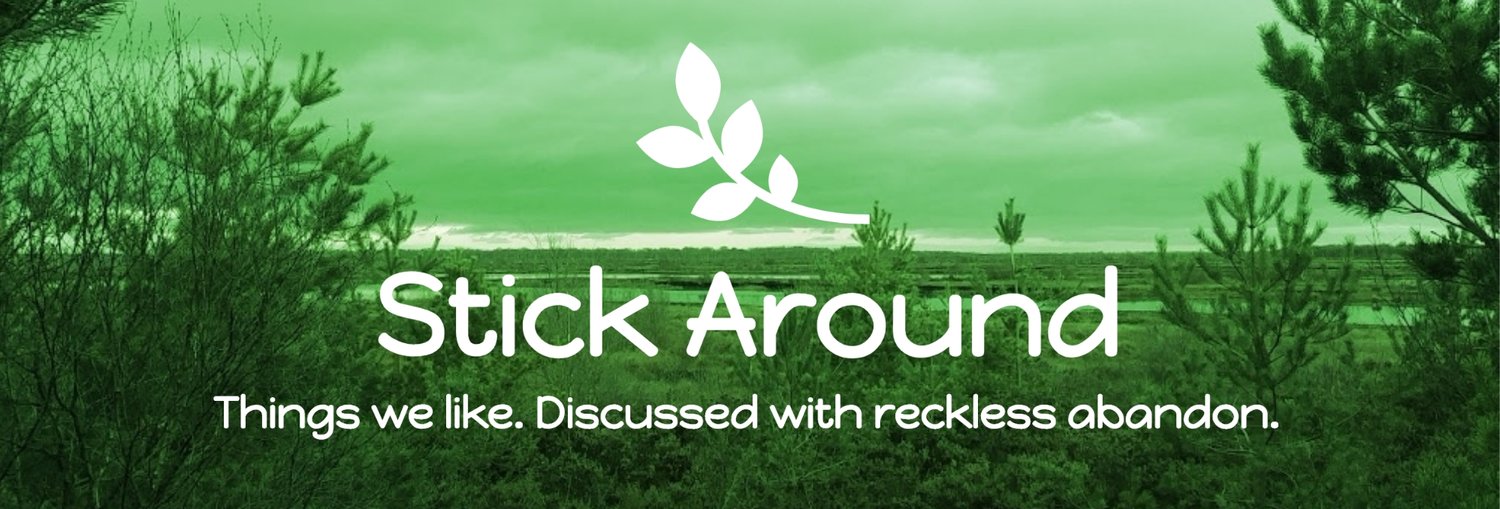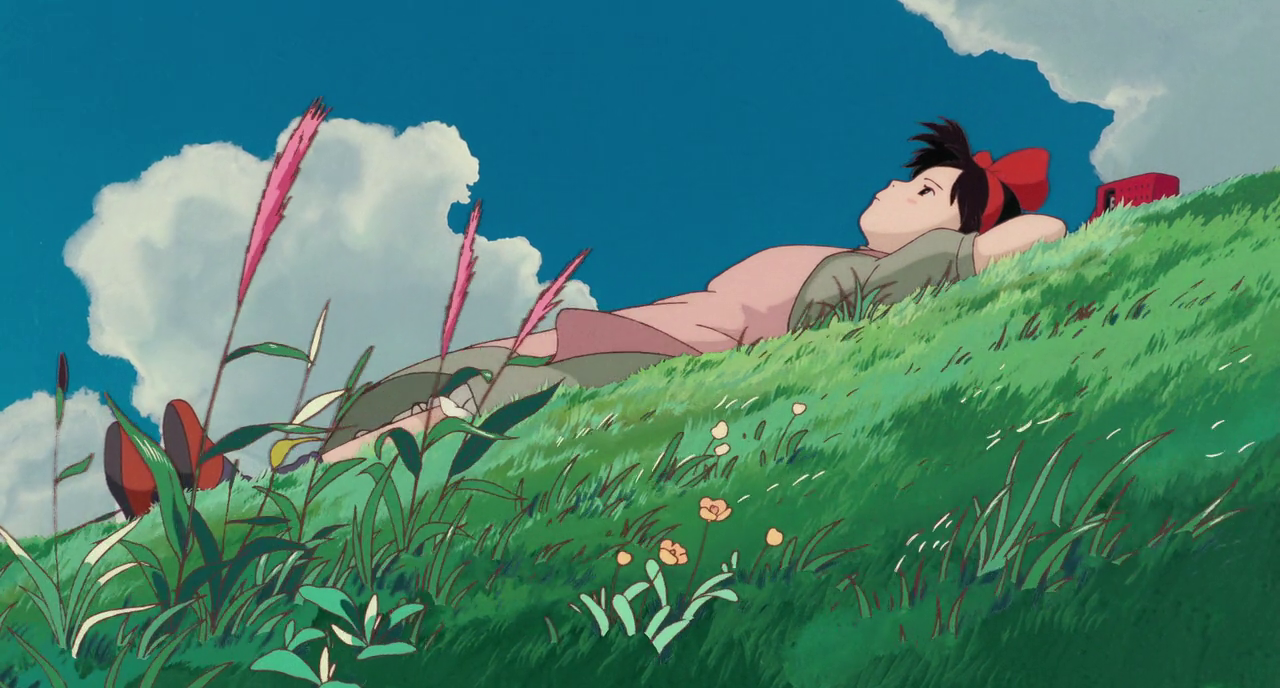Clive Watches Ghibli: Part 7 (2013-2014)
It's finally here, the final part of my Ghibli retrospective (you can find the other parts over on our index page). There's only two films left to cover and not a Miyazaki in sight. Let's crack on.
The Tale of Princess Kaguya (2013)
Isao Takahata's 2013 swansong before his death earlier this year is undoubtedly one of his, and Studio Ghibli's, best films. Based on the 10th century Japanese story The Bamboo Cutter it follows a bamboo cutter who finds a mysterious baby that appears inside a bamboo shoot. Discovering quickly that she grows more rapidly than normal humans, he believes her to be divine royalty and sees to it that she lives as such. He is aided in this quest by the lavish gifts that also magically appear in the bamboo he cuts.
The Tale of Princess Kaguya is a soaring coming of age tale that's themes are remarkably down to earth behind its mystical exterior. Growing up, going your own way, how life becomes more complicated as we get older, the corruptive influence of money and how it hurts to let go of our children when they grow up are all central themes to the film and are delivered in a way that feels universal despite the very Japanese feel to the film. The animation is more experimental (it's Takahata after all) and I probably like it less than the more traditional Ghibli style although I can't deny it's beautiful and I do feel it suits this older, more classic story. I think the film drags a little in the middle (I feel like closer to two hours would have been the sweet spot) but it's so ripe with beauty and observations about life that I consider it in the upper echelons of Ghibli's catalogue. The final scenes are absolutely stunning too.
8/10
When Marnie Was There (2014)
Hiromasa Yonebayashi's second Studio Ghibli film (his first was Whispers of the Heart) is based on Juan G. Robinson's novel of the same name. Anna suffers an asthma attack at school and worried by her declining health and anxiety her foster parents send her to live with the foster-mother's relatives, who live in a seaside town where the air is clearer. Anna soon meets Marnie in an abandoned seaside mansion nearby, and it becomes clear pretty quickly that Marnie is not from the present. To me, it had similarities to something like Tom's Midnight Garden where the protagonist can meet people who live in the same place but in other time periods. As things go on Marnie and Anna's relationship deepens and secrets begin to unfold.
I thoroughly enjoyed this film to begin with and found Anna's highly anxious character very interesting, relatable, and full of depth. However I didn't find the reveal as rewarding as a lot of people seem to as I predicted it fairly early on, to say any more would be to spoil it. Nevertheless, this is a well put together film about family, anxiety, the past, and belonging. It's gorgeously animated and perhaps one of the more emotional Ghibli films, thanks partly to a very pretty soundtrack. I didn't connect with it as deeply as some have, but I can certainly appreciate it's beauty.
7/10
And so that's it. Two more films to throw into the Ghibli mixer and see how the final rankings pop out. I suspect these will change over time (some already have since the last post), especially when I rewatch the more meaty, harder to digest ones. But for now, here's how I'd rank them with the final two additions in bold italics:
1. Princess Mononoke
2. My Neighbour Totoro
3. Grave of the Fireflies
4. Kiki's Delivery Service
5. Spirited Away
6. The Tale of Princess Kaguya
7. Howl's Moving Castle
8. Laputa: Castle in the Sky
9. The Wind Rises
10. Arrietty
11. Whisper of the Heart
12. Only Yesterday
13. From Up on Poppy Hill
14. When Marnie Was There
15. Porco Rosso
16. The Cat Returns
17. Ponyo
18. My Neighbours the Yamadas
19. Pom Poko
20. Tales from Earthsea
Wow. What an amazing set of films, it is perhaps only the last two or three that I didn't enjoy all that much (although they were still very much serviceable). The top three are masterpieces in my eyes. I've been continually blown away, surprised and believe this little adventure is the birth of a love of anime. Next, I shall be watching all the top 100 ranked anime films at random (over many years no doubt) and posting reviews over on the YouTube channel. At least that's the current plan. Should any of these crop up I shall watch them again, and my rankings will no doubt change, though I seriously doubt Princess Mononoke will be taken from the top spot.
Thanks for reading this little series and stay classy y'all!
Clive :)

















